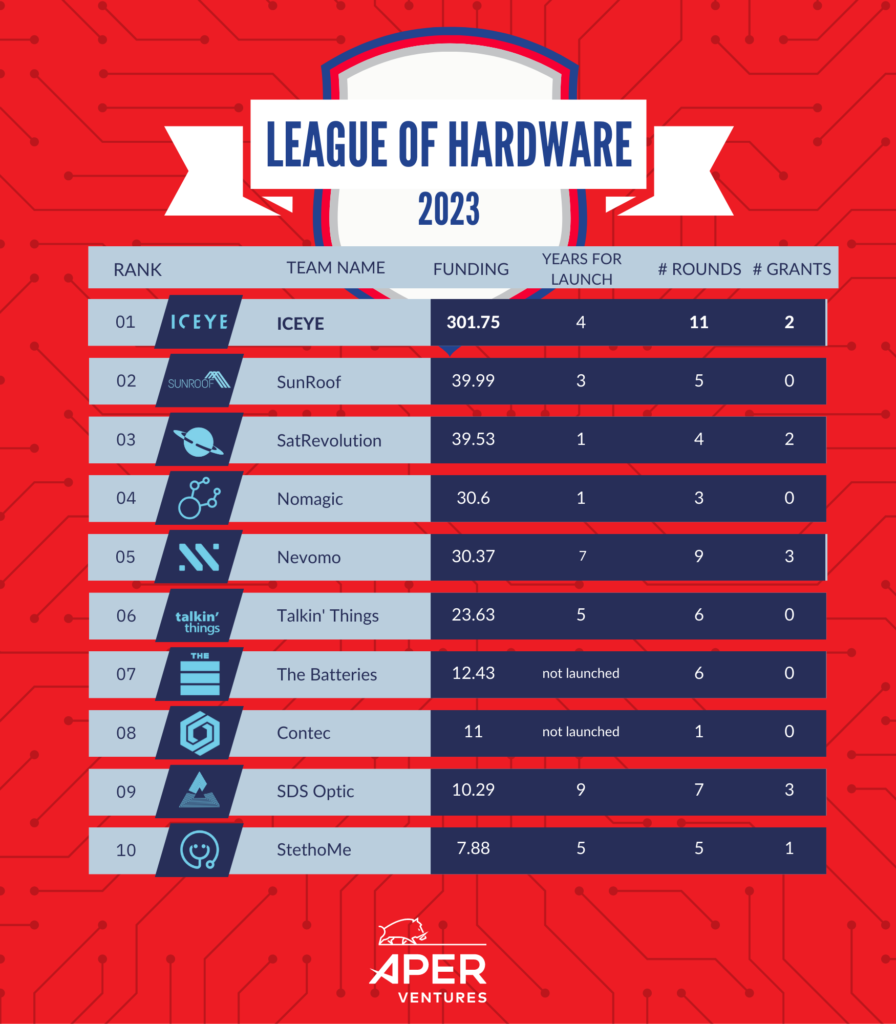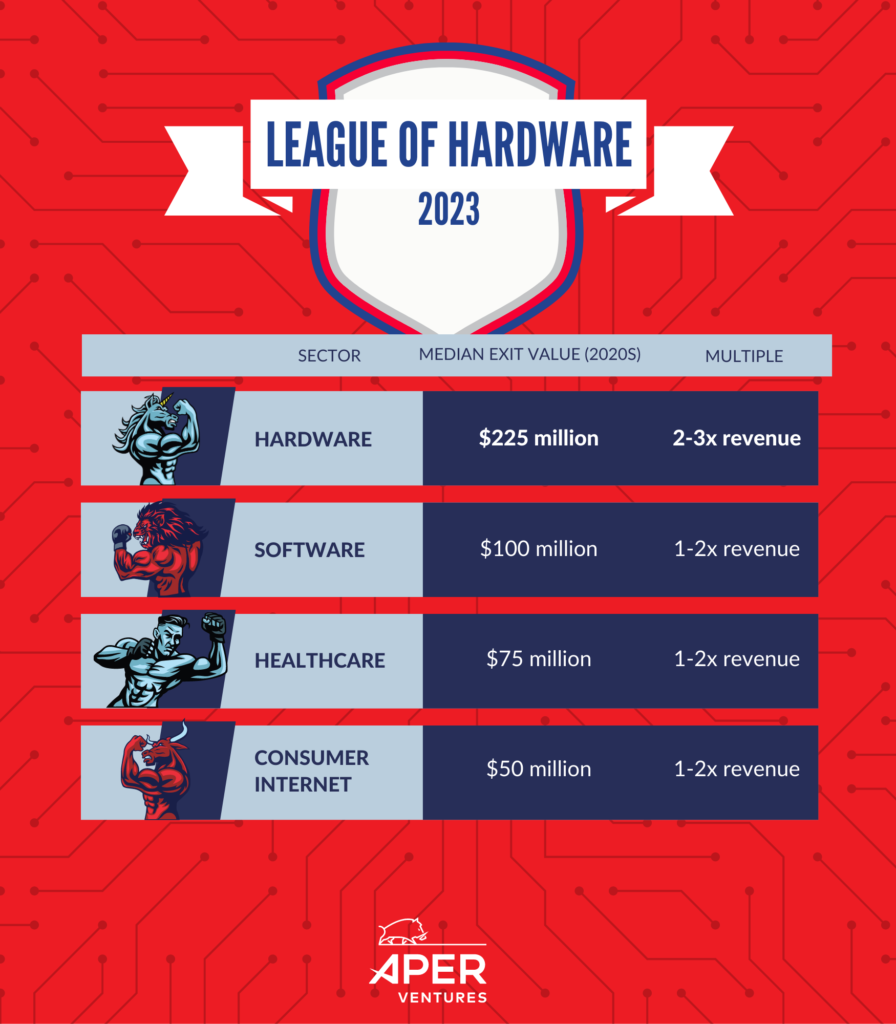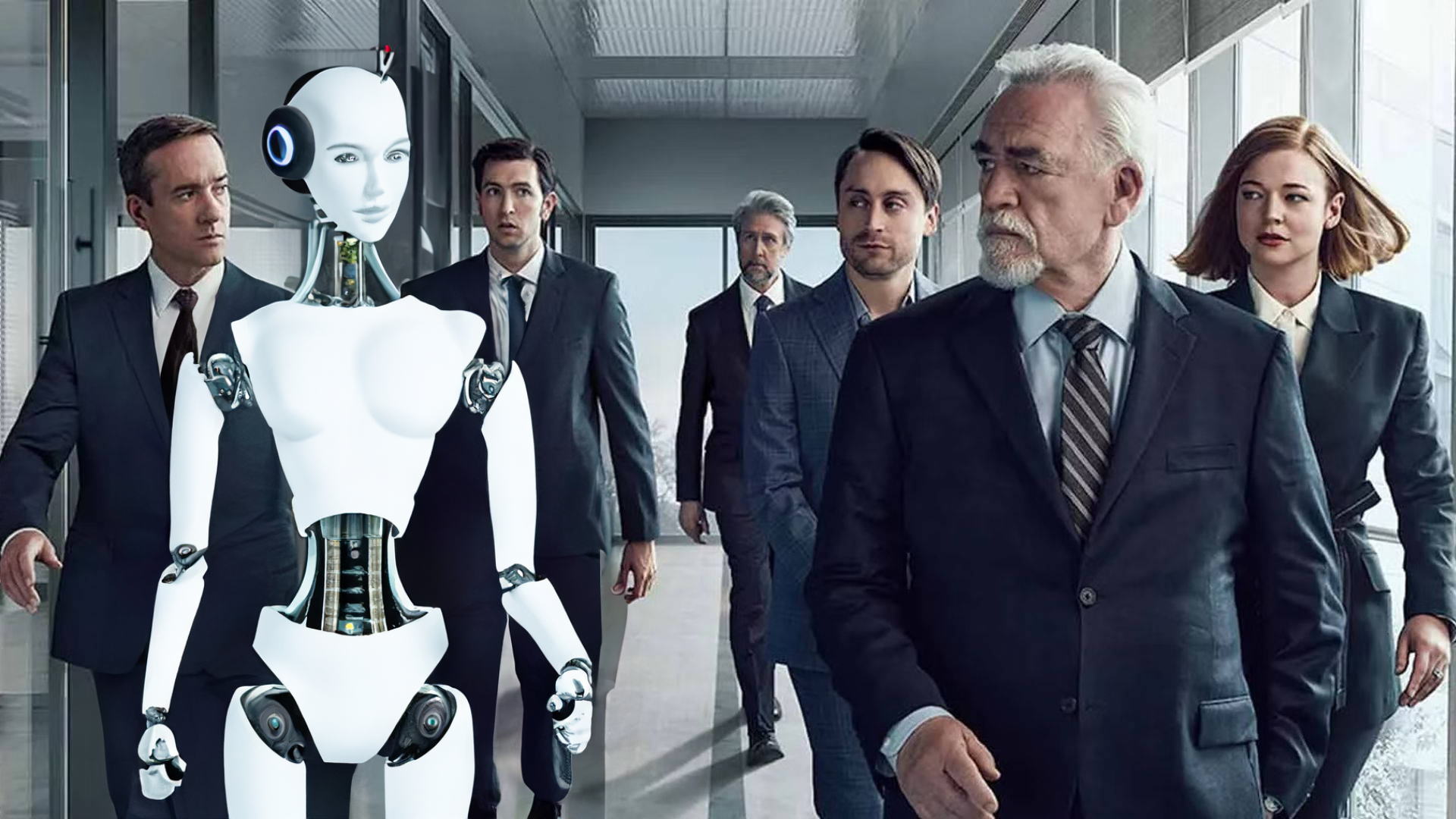WWLD? What would Logan do? Would he invest in the hardware?
When it comes to hardware, VC needs to approach it with a nuanced perspective. It’s not just about the latest gadget or flashy innovation; it’s about the entire ecosystem surrounding it. From manufacturing to supply chain management, we need to understand the intricate web that brings these products to life.
So what VC need to remember when investing in hardware?
1. “Toss her another ten grand. Or a snowmobile and some teeth-whitening vouchers.”
Did you know that hardware startups typically require three to four rounds of funding before bringing a product to market? Startups in Poland are not far off – with financial grants available for them, particularly if their solution bears mark of deeptech. Generally speaking, Polish startups have on average 2-3 grants combined in-between the investment rounds. The record-grant holder has 6 of then within the last 8 years of developing the product.
This means that patience and a solid investment strategy are crucial.
TIP FOR INVESTORS: Understanding the longer development timelines and capital requirements of hardware startups is essential for investors looking to support these ventures effectively.
2. “This is long and it’s hard to follow.” “Right, well it’s formally inventive. That’s one of the things we like most about it.”
Hardware startups in Poland are known for their perseverance. Global trends show the average time it takes to get a product to market is 3.9 years – according to Centre for Entrepreneurs. Roku, which recently exited, took 14 years to establish, whereas Fitbit and Apple took only 7 and 4 years, respectively. Sonos took 16 years to develop. Because the data on hardware is so diverse, while the median is 11 years, one-third of the companies in the data set exited much sooner. For Polish startups it is typically less than 3 years
 Data from Dealroom.com and estimates from public business intelligence
Data from Dealroom.com and estimates from public business intelligence
TIP FOR INVESTORS: Investors need to develop a mentality of perseverance in preparation for the exciting race that lies ahead.
3. “What sort of people would stop a brother speaking for the sake of a share price?”
Dilution is a common problem for hardware entrepreneurs, as following funding rounds sometimes necessitate substantial ownership holdings. Startups in this area often engage in the dance of dilution, forming ownership partnerships to pool funds for expansion.
TIP FOR INVESTORS: Investors need to understand how to deal with these dynamics by forming alliances and adjusting their stakes accordingly.
If you want to understand it better – read Bartosz Składzień, Aper Ventures Partner, Linkedin Post about dilution in hardware startups.
4. “We’ve been circling for a f***in’ hour. TELL THEM WE’RE RUNNING OUT OF GAS!”
Hardware firms in Poland have significant difficulties scaling manufacturing. When moving from prototype to mass production, local startups face special challenges.
TIP FOR INVESTORS: Investors can leverage their network and industry connections to facilitate manufacturing partnerships. Encourage startups to establish strategic partnerships with established manufacturers in the region or globally. These partnerships can provide access to expertise, resources, and production capacity, easing the challenges of scaling manufacturing.
5. “I can’t reveal my sources… Uh, but it’s Greg.”
For hardware entrepreneurs in Poland , IP protection is crucial. Eight out of ten startups report IP as a major challenge, so investors should examine the companies’ IP holdings with great care.
The number of patent applications sent to the European Patent Office by Polish companies, universities and research institutes increased by almost 13 percent in 2021, reports “Puls Biznesu,” citing the 2021 Patent Index.
TIP FOR INVESTORS: Investors may aid businesses in maintaining a competitive edge in this ever-changing market by providing funding for a comprehensive intellectual property strategy.
6. “How much of you is glad?”
Those willing to take a risk on hardware companies in Poland will be rewarded handsomely.
According to CB Insights, the median exit value for hardware startups in the 2020s was $225 million. This is significantly higher than the median exit value for other sectors, such as software ($100 million), healthcare ($75 million), and consumer internet ($50 million).
 In terms of multiples, hardware startups are typically valued at 2-3x their revenue, while other sectors are typically valued at 1-2x their revenue. This is because hardware startups are typically more capital-intensive and have longer sales cycles than other sectors.
In terms of multiples, hardware startups are typically valued at 2-3x their revenue, while other sectors are typically valued at 1-2x their revenue. This is because hardware startups are typically more capital-intensive and have longer sales cycles than other sectors.
Those willing to take on risks and exploit possibilities in the hardware industry will find a rich seam of investment opportunities in Polish hardware startups.
TIP FOR INVESTORS: Just wait and see.
In this wild frontier of hardware companies in Poland, we encounter a landscape teeming with both challenges and tantalizing opportunities. Brace yourself, because the road ahead is filled with longer development cycles, intricate dilution dynamics, scaling manufacturing hurdles, safeguarding intellectual property, and the pursuit of extraordinary rewards.

About Aper Ventures
The fund supports deeptech and hardware startups that demonstrate proven competitive advantages and significant global potential. Originally, the team has managed founded in 2014 as a 100 million PLN Meta Ventures, investing in more than 20 entities. As of 2019, it makes investments primarily under Aper Ventures with support of network from Aper Angels. The value of its assets under management is around 130 million PLN, of which only since 2019 the fund has invested 50 million PLN. It has three companies in its portfolio: The Batteries, Apeiron Synthesis and Reef Factory.
If you want to invest with us in hardware and deeptech → REACH OUT




